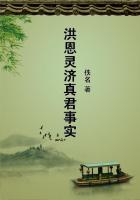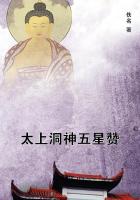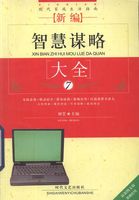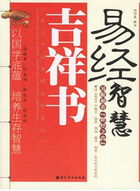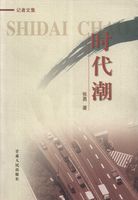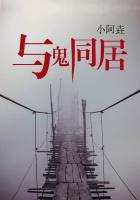Our very first Christmas at Hull-House, when we as yet knew nothing of child labor, a number of little girls refused the candy which was offered them as part of the Christmas good cheer, saying simply that they "worked in a candy factory and could not bear the sight of it." We discovered that for six weeks they had worked from seven in the morning until nine at night, and they were exhausted as well as satiated. The sharp consciousness of stern economic conditions was thus thrust upon us in the midst of the season of good will.
During the same winter three boys from a Hull-House club were injured at one machine in a neighboring factory for lack of a guard which would have cost but a few dollars. When the injury of one of these boys resulted in his death, we felt quite sure that the owners of the factory would share our horror and remorse, and that they would do everything possible to prevent the recurrence of such a tragedy. To our surprise they did nothing whatever, and I made my first acquaintance then with those pathetic documents signed by the parents of working children, that they will make no claim for damages resulting from "carelessness."
The visits we made in the neighborhood constantly discovered women sewing upon sweatshop work, and often they were assisted by incredibly small children. I remember a little girl of four who pulled out basting threads hour after hour, sitting on a stool at the feet of her Bohemian mother, a little bunch of human misery.
But even for that there was no legal redress, for the only child-labor law in Illinois, with any provision for enforcement, had been secured by the coal miners' unions, and was confined to children employed in mines.
We learned to know many families in which the working children contributed to the support of their parents, not only because they spoke English better than the older immigrants and were willing to take lower wages, but because their parents gradually found it easy to live upon their earnings. A South Italian peasant who has picked olives and packed oranges from his toddling babyhood cannot see at once the difference between the outdoor healthy work which he had performed in the varying seasons, and the long hours of monotonous factory life which his child encounters when he goes to work in Chicago. An Italian father came to us in great grief over the death of his eldest child, a little girl of twelve, who had brought the largest wages into the family fund. In the midst of his genuine sorrow he said: "She was the oldest kid I had. Now I shall have to go back to work again until the next one is able to take care of me." The man was only thirty-three and had hoped to retire from work at least during the winters. No foreman cared to have him in a factory, untrained and unintelligent as he was. It was much easier for his bright, English-speaking little girl to get a chance to paste labels on a box than for him to secure an opportunity to carry pig iron. The effect on the child was what no one concerned thought about, in the abnormal effort she made thus prematurely to bear the weight of life. Another little girl of thirteen, a Russian-Jewish child employed in a laundry at a heavy task beyond her strength, committed suicide, because she had borrowed three dollars from a companion which she could not repay unless she confided the story to her parents and gave up an entire week's wages--but what could the family live upon that week in case she did! Her child mind, of course, had no sense of proportion, and carbolic acid appeared inevitable.
While we found many pathetic cases of child labor and hard-driven victims of the sweating system who could not possibly earn enough in the short busy season to support themselves during the rest of the year, it became evident that we must add carefully collected information to our general impression of neighborhood conditions if we would make it of any genuine value.
There was at that time no statistical information on Chicago industrial conditions, and Mrs. Florence Kelley, an early resident of Hull-House, suggested to the Illinois State Bureau of Labor that they investigate the sweating system in Chicago with its attendant child labor. The head of the Bureau adopted this suggestion and engaged Mrs. Kelley to make the investigation.
When the report was presented to the Illinois Legislature, a special committee was appointed to look into the Chicago conditions. I well recall that on the Sunday the members of this commission came to dine at Hull-House, our hopes ran high, and we believed that at last some of the worst ills under which our neighbors were suffering would be brought to an end.
As a result of its investigations, this committee recommended to the Legislature the provisions which afterward became those of the first factory law of Illinois, regulating the sanitary conditions of the sweatshop and fixing fourteen as the age at which a child might be employed. Before the passage of the law could be secured, it was necessary to appeal to all elements of the community, and a little group of us addressed the open meetings of trades-unions and of benefit societies, church organizations, and social clubs literally every evening for three months. Of course the most energetic help as well as intelligent understanding came from the trades-unions. The central labor body of Chicago, then called the Trades and Labor Assembly, had previously appointed a committee of investigation to inquire into the sweating system.

